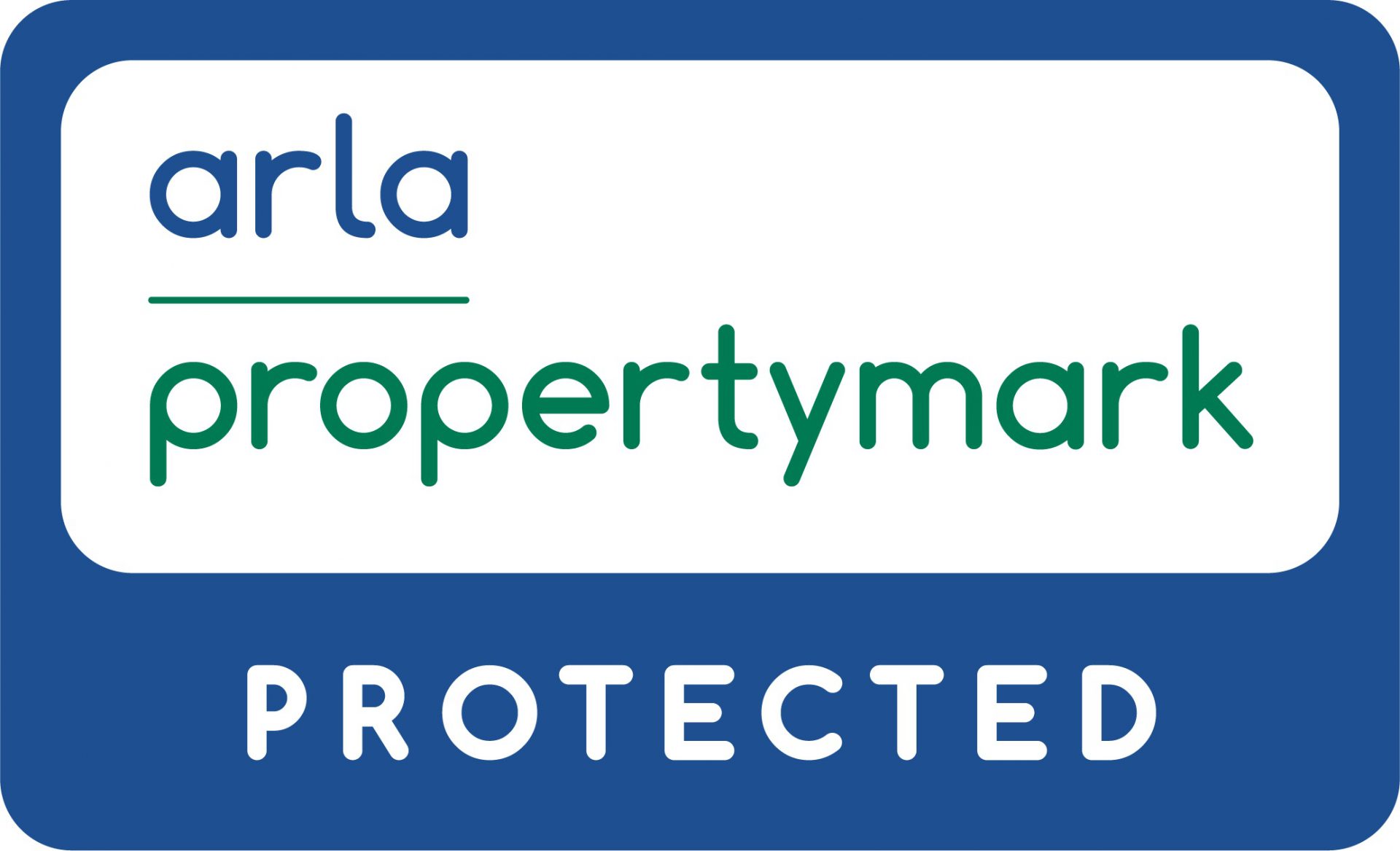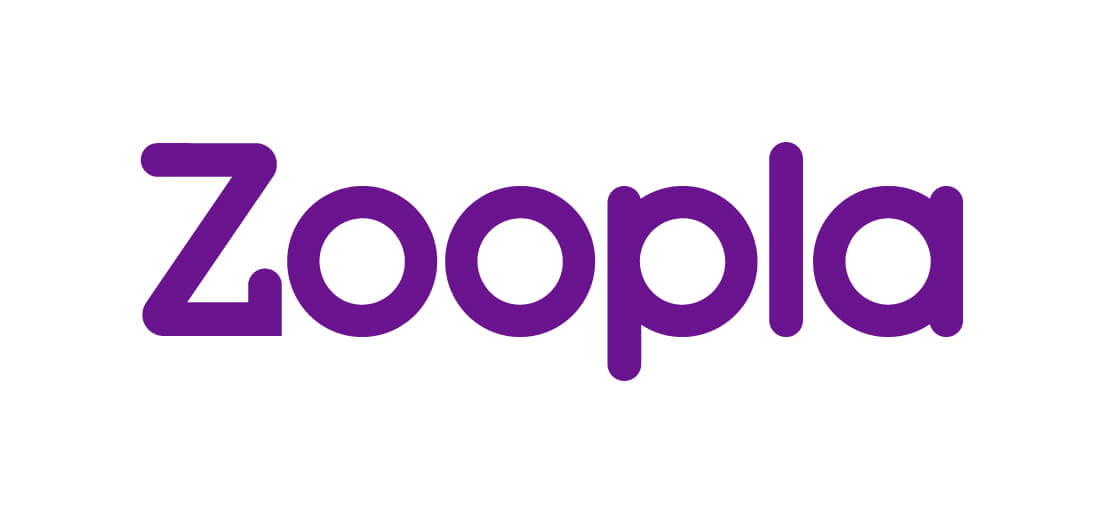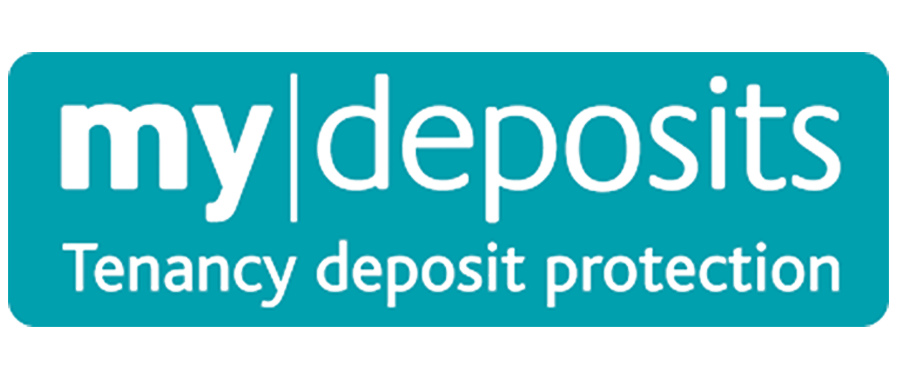Tenant Frequently Asked Questions
Below is a list of Permitted Payments – Monies the tenant is obliged to pay (where applicable) to their Landlord or the Landlord’s Agent, as per the terms of the tenancy; variations/novation’s of tenancy (when requested by the tenant), and/or default payments which the Landlord/Agent reserve the right to charge in connection to a tenancy. Details as follows:
a) The rent.
b) Tenancy Deposit. A refundable tenancy deposit capped at no more than five weeks’ rent where the annual rent is less than £50,000, or six weeks’ rent where the total annual rent is £50,000 or above.
c) Variation of contract (when requested by the tenant). To cover the costs associated with taking landlord’s instructions as well as the preparation and execution of new legal documents.
– Professional/residential Tenancies – variation/novation’s of tenancy, capped at £50, or reasonable costs incurred if higher.
– Student and HMO (Houses in Multiple Occupation) tenancies. Due to the nature of such tenancies, with more than one tenant, payment capped at £150.
d) Early Termination (when requested by the Tenant and agreed by the Landlord). The Landlord/Agent reserves the right to charge the tenant for the landlord’s costs in re-letting the property (as outlined in the Landlord Services page on Frampton & Roebuck.co.uk) as well as all rent due under the tenancy until the start date of the replacement tenancy. These costs will be no more than the maximum amount of rent outstanding on the tenancy.
e) Utilities. Payments in respect of utilities, household services, TV licence and Council Tax.
f) Late/Unpaid Rent. A default fee for late payment of rent, where required under a tenancy agreement.
g) Lost keys and Security Devices. A default fee for replacement of a lost key/security device, where required under a tenancy agreement – capped at £50; and,
h) Staff & Contractor Call-Outs. A default fee for call-outs to false fire alarms due to error or negligence on the part of the Tenant and call-outs to tenants due to misplaced keys – capped at £100.
i) Any other permitted payments, not included above, under the relevant legislation including contractual damages.
j) Frampton & Roebuck Ltd is a member of PropertyMark’s Client Money Protection Scheme, and also a member of Property Redress Scheme (PRS). You can find out more details on the agent’s website or by contacting the agent directly.
(All fees are subject to VAT)
Unless instructed otherwise, such as a student tenancy with a ‘Bills Inclusive’ package, you will be responsible once you move into the property, this would include Water, Gas, Electricity, Council Tax, telephone and TV licence.
The Landlord would normally be responsible for repairs to the property but you would be expected to carry out day to repairs, eg light bulbs, fuses etc, and should any damage be caused through negligence then this would be your responsibility to have repaired. A tenant should report repairs as soon as they become aware.
Yes. Your privacy is respected. It is normal for a Landlord or Agent to carry out inspections during the Term of the Tenancy however they should give you reasonable notice of this and it would not normally take place more often than quarterly. This area is normally covered in the tenancy agreement signed by you and the Landlord.
Yes. To ensure you receive a professional service its best to choose an agent who is a member of ARLA (Association of Residential Letting Agents) or NAEA (National Association of Estate Agents). ARLA & NAEA members ensure that the transaction is handled properly. An ARLA or NAEA agent works to professional standards that work well for both landlord and tenant. For example, the tenant renting through an ARLA or NAEA agent can expect that the landlord will carry out safety checks e.g. gas, electrics, furniture etc. The correct tenancy agreement will be used, ensuring that responsibilities are clearly set down and privacy of the tenant is adequate. An ARLA or NAEA agent will also have proper procedures for reporting and dealing with repairs and furthermore will protect your deposit with a recognised Tenancy Deposit Protection Scheme.
Your Agent/Landlord must provide you with details of the Scheme under which the Deposit is protected within 30 days of you paying the Deposit to the Agent.
Most of our properties are owned by professional, investor Landlords and we are therefore able to offer the security of longer term tenancies. Tenancy Agreements will initially be for a 6 or 12 month period with the option to renew or extend your term thereafter.
If you need to leave the property before the end of your Tenancy you will be responsible for paying the rent until a suitable replacement Tenant has been found and you will also be responsible for meeting any costs incurred by the Landlord in re-letting the property.
Almost all Tenancy Agreements used these days are Assured Shorthold Tenancies. This is normally a standard contract between landlord and tenant. If the Landlord agrees to certain conditions, i.e to provide furniture, allow decorating etc, an extra clause be added to the agreement to this effect. The landlord is not obliged to carry out verbal promises so it is important that your requests are documented
This will depend on the service that the Landlord instructs us to carry out for them. In the event of a Let Only service you will be provided with the Landlord’s details when you move in and will have no further dealings with us. If the Landlord instructs us to Manage the property then all dealings and payment of your rent will be via Frampton & Roebuck and you will have no dealings directly with your Landlord.
Our Client is the Landlord and therefore we are limited in any help we can offer a Tenant. As a professional Letting Agent, however, we would help as much as possible and will not move you into a property unless we know it is safe for you to do so. When we act as Managing Agents we will try to be fair with all dealings between you and the Landlord and if we believe your point to be valid would certainly let the Landlord know







